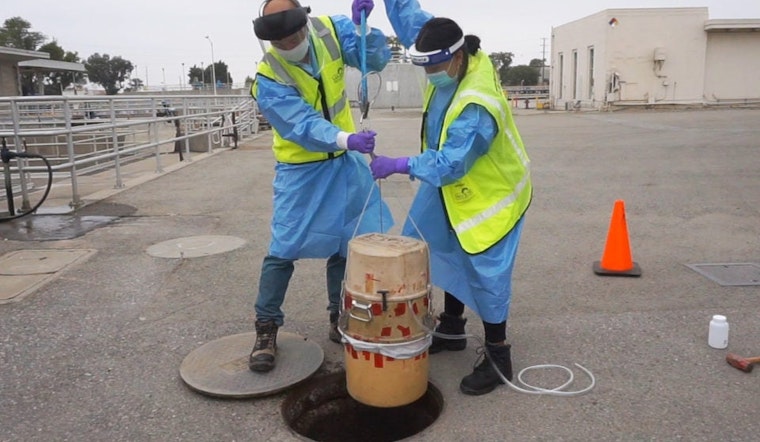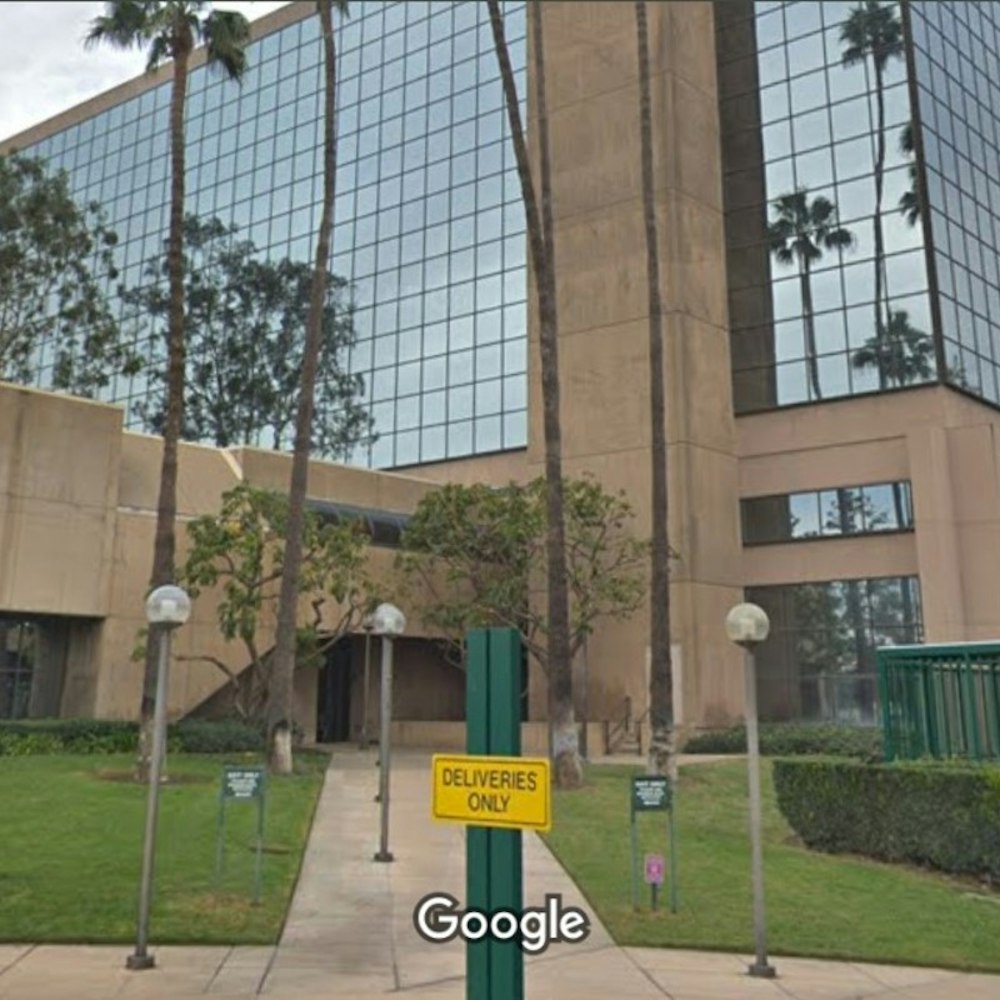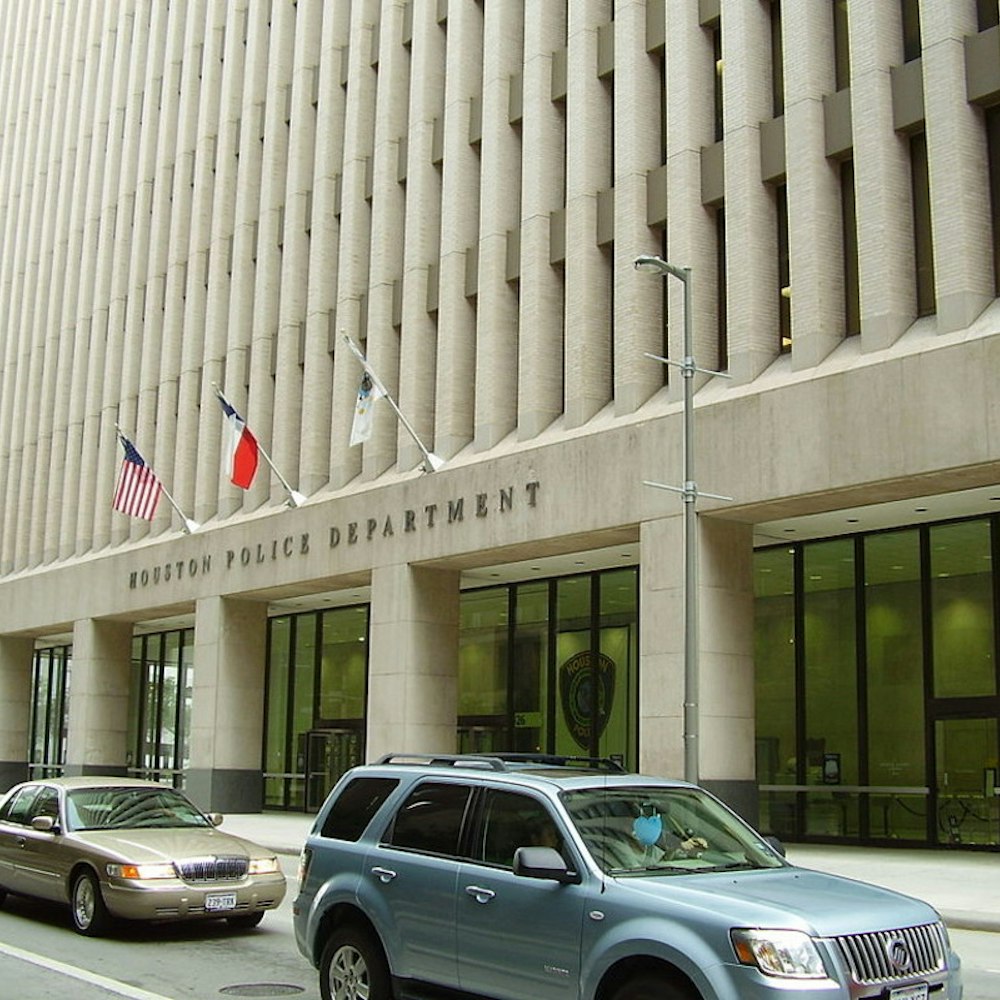
In a city that has been repeatedly slammed by the opioid crisis, San Francisco is now leveraging the science of wastewater analysis to track fentanyl and other deadly drugs flowing through its underbelly. Amid rising overdose fatalities, the San Francisco Department of Public Health, in collaboration with the San Francisco Public Utilities Commission, began this month to examine wastewater for a spectrum of high-risk substances.
The initiative, part of a broader National Institute on Drug Abuse program that includes 70 communities across the nation, focuses on substances associated with severe health outcomes. Accoring to a report by the City of San Francisco, this innovative approach will bolster strategic interventions against the drug epidemic. Dr. Hillary Kunins, Director of Behavioral Health Services at SFDPH, emphasized that "while SFDPH continues to aggressively expand access to treatment services, we need all the tools available to identify the presence of substances that may be used to halt and reverse this deadly epidemic."
San Francisco's push for this kind of testing emerges as part of the urban health monitoring evolution that gained traction during the COVID-19 pandemic. Alex Buben, an epidemiologist at Biobot Analytics, which is the lab processing the samples, told Axios, "We're really looking at emerging substances that are complicating the fentanyl crisis."
In an effort that could redefine San Francisco's response to drug misuse, wastewater samples are being scrutinized for narcotics like methamphetamine, cocaine, and the veterinary sedative xylazine. Furthermore, naloxone, a life-saving antidote to opioid overdose, is also being tracked. San Francisco's Public Health Department is set to receive reports this month and every fortnight going forward, as Biobot CEO Mariana Matus notes, "Wastewater data has become an incredibly powerful tool to better understand a broad range of community health threats by providing timely and actionable insights."
The data sourced from wastewater provides a citywide snapshot of drug consumption, though it pinpoints no specific neighborhoods or households. The city may opt to make these findings public during the program, which is funded federally until late August 2024. These insights are integral as the city contends with overdose mortality rates that threaten to eclipse a harrowing 2020 record, with over 720 lives claimed.
As municipalities like San Francisco pioneer the marshaling of wastewater epidemiology, eyes stay peeled on how this data-driven approach informs public health efforts. The goal, marrying technology and epidemiology, is to catch emerging threats as they "pop up on the streets," and hopefully dismantle the stigmas shrouding an issue with far-reaching tentacles beyond mere crime statistics.









